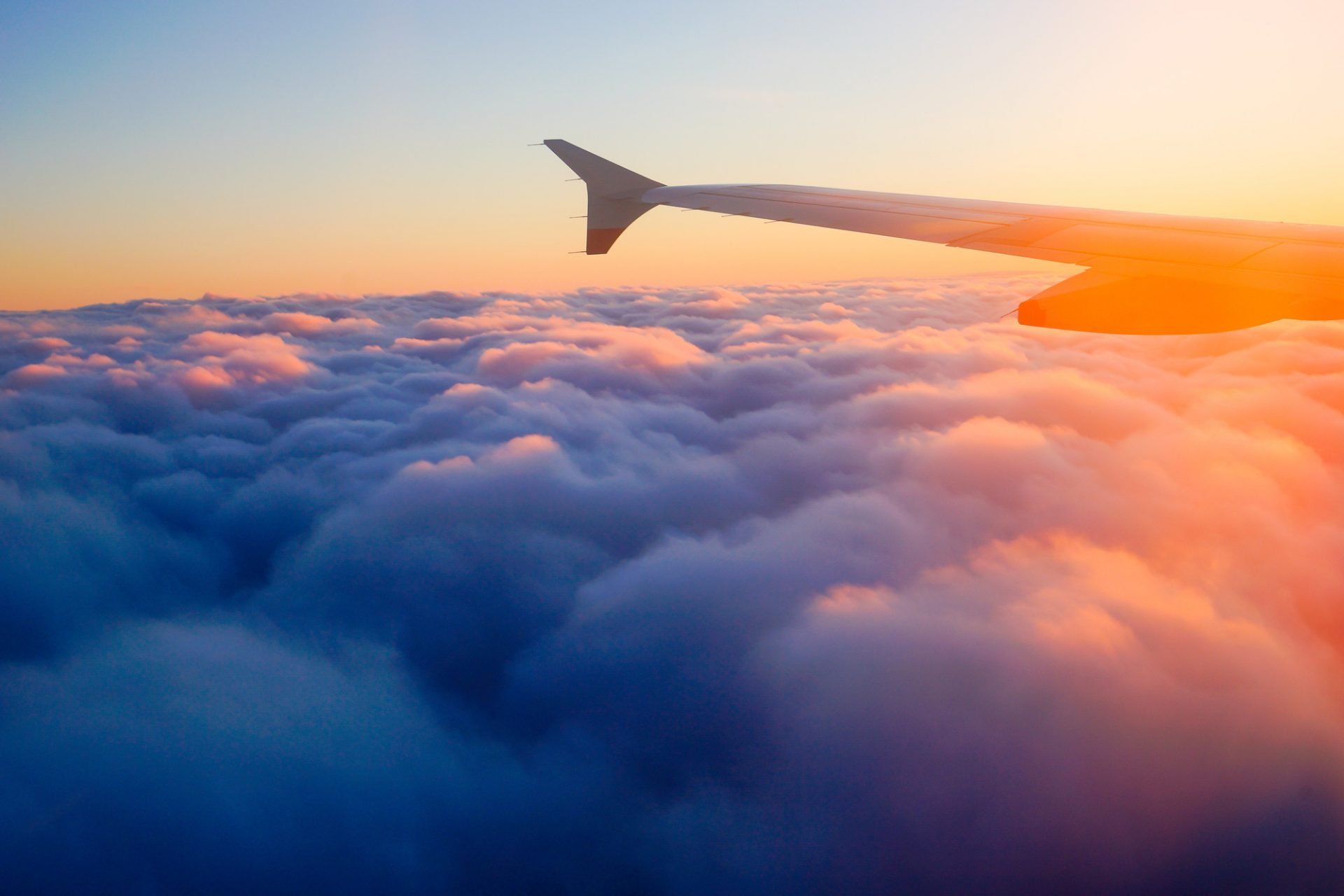The so-called “time zone hangover”, better known as jet lag, describes a phenomenon which can occur by flying over several time zones. This unpleasant hangover is dreaded above all by regular long distance flyers, because it can cause symptoms such as tiredness or even sleep disorders. The time shift causes the individual sleep-wake rhythm as well as other biorhythms to be upset as day and night are quickly reversed. With our 5 best tips we want to arm you against jet lag and show you how you can prevent or at least alleviate the symptoms.
Chaos for our biorhythms
The chrono-biologist Franz Halberg gained findings forming the basis of his research, that every person features an individual circadian rhythm – a sleep-wake rhythm – and is different from person to person and susceptible to external influences. The rhythm is primarily influenced by the day-night change and regulates many things such as the release of hormones, body temperature and blood-pressure. Moving between time zones during a flight therefore means that our sleep-wake rhythms no longer match the external clock of the destination country. While you are adjusting to a new time zone, your inner rhythms are still running to the time of your home-country and sluggishly adjust to the new day-night rhythm. The changeover to summer time is a prime example of how even the smallest of time-shifts can create risks such as the aforementioned symptoms.
Prevent jet lag – the five best tips
- Get used to the new daily rhythm before the flight
Arguably the most effective method of preventing jet lag: acclimatising the body to the time zone of the destination country 3 days before the flight. While the time with flights in a westerly direction moves “backwards”, the opposite occurs with flights to the east. You can therefore adjust your sleep-wake rhythm by going to bed later before flights in westerly directions, and sleeping earlier before flights in easterly directions.
- Align your sleep-wake routine to the daily rhythm of the destination
Furthermore, it is advisable to align your daily routine to the destination country. Avoid going straight to sleep on arrival on a bright day. Instead organise your day to how you would do it in your home country. This means: when it is morning in the actual time zone – have breakfast. But in the evening, have dinner. Be active during the day and then go to sleep when the sun has gone down.
- Don’t resort to using sleeping pills
The taking of sleeping pills is absolutely never recommended because it upsets the biorhythms even more. Above all, medication which contains the sleep-hormone melatonin is disputed because it can have a negative effect on your hormone balance. Most medications have positive effects in the short term, but can intensify the jet lag after the duration of action. Instead use “harmless sleeping aids” such as quiet music, comfortable neck cushions or sleeping masks.
- The right choice of food
Your choice of food and drink also has a large influence on the intensity of the jet lag. While carbohydrate rich foods leave you tired, protein rich foods help you supress tiredness and stay awake for longer. For this reason, when flying in an easterly direction you should eat vegetables, potatoes, and pasta and when flying to a western country, consumption of cheese, eggs or fish is recommended. Moreover, it is important that you drink plenty of water, because water is involved in the regulation of many bodily functions and can help you with a change of sleep-wake rhythm.
- Use the sun and avoid stress on the body
If all of the preventative measures come too late and you find yourself suffering from jet lag, it helps to spend as much time as possible in the sun in order to allow your sleep-wake rhythm to acclimatise. Natural sunlight inhibits the production of the sleep hormone melatonin which is responsible for the feeling of tiredness. Note that you should reduce bodily stress to a minimum, as additional strain for the body combines with stress and hampers the stabilisation of the biorhythm.
With our five tips you are as well prepared as possible for a long haul flight so that during your stay you can concentrate on the most important things. The tips here however should be followed for longer stays in a different time zone in order to avoid a “double jet lag” on the return journey.
* from the European perspective








